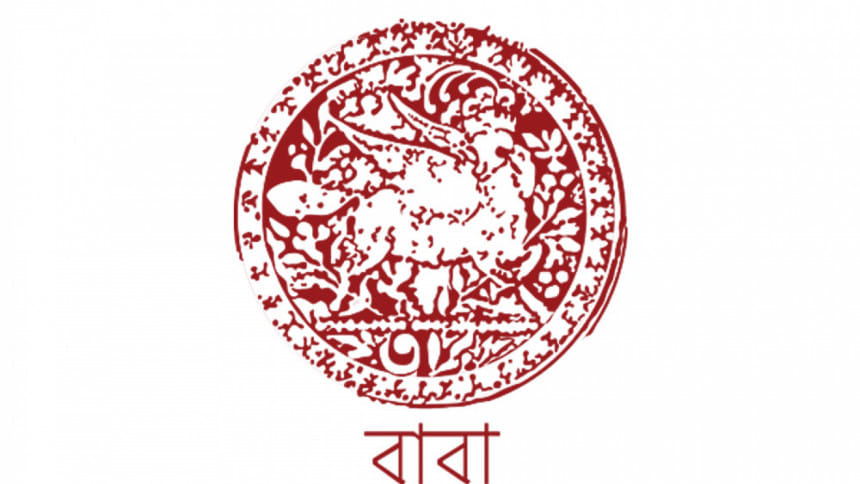Baba Betar: An innovative art radio and sound archive

Baba Betar, an art radio and contemporary sound archive, started its journey in March 2020, during the countrywide shutdown, induced by the pandemic. It is being aired every day from 8 pm to 10 pm at this year's "Chobi Mela", on the festival's website. Tomorrow (February 16) will be celebrated as "Baba Betar Day" at the event.
Baba Betar has found a place for itself at "Chobi Mela", with its innovative and unique ideas. "People had to be socially united, but physically distant during the shutdown. We planned to reflect on the pandemic from a holistic point of view," shares Arfun Ahmed, the initiator and host of Baba Betar. "We aimed to portray the pandemic from different viewpoints, so that we can understand its proper role."
Various critical essays and poetry concerning the reasons behind the pandemic, its economic and political aspects, the objective of declaring a state of emergency globally, and its impact on Bangladesh were discussed daily on Baba Betar. Oftentimes, specific translated pieces were featured, including Alberto Moravia's "Scherzi del Caldo", "Hot Weather Jokes", translated by Biplob Akand, and Fyodor Dostoevsky's "Heavenly Christmas Tree", translated by Abir Shome among others.
At this year's "Chobi Mela", Baba Betar includes works in different languages, such as Bangla, English, Nepali, Hindi, Chakma and Arakani, among others. It has teamed up with several other sound archive projects, broadcasting their stories and sound curating audio episodes that have been archived. Other Baba Betar programmes include contemporary music and sound projects, accompanied by collaborative audio episodes, audio documentaries and readings by contemporary poets and authors.
The programmes of Baba Betar also include a documentary on the music excerpt, "A Mandolin in Exile" by Rafiqul Anwar Russell, audio essay, "Word Warriors", audio episode, "Bhasa mwa sa jati mwai" (if the language is alive then the race will live longer) by Nepali artiste Sujan Dhangal, story reading, "Tara Bibir Morod Pola", by Akhtaruzzaman Ellius and another story reading, "Folk Tales of Bangladesh" by Jasim Uddin, among others.
On February 13, the audio essay, "Songs Grow Out of the Land" by singer and writer Moushumi Bhowmik, was aired. A 66-minute audio essay on "The Travelling Archive", an archive of field recordings from Bengal, written and presented by Bhowmik, was also featured. In this essay, she remembers people and places by listening to voices from the past and continuing journeys within and around Bengal. The voices came from the "Chobi Mela X" team, Hawai Mithai (Cotton Candy) sellers and others at the Dhanmondi Lake tea stall area. They were recorded by Bhowmik herself. This was among the many other creative programmes offered by Baba Betar.
"One of our main focuses is on contemporary sound archiving, which includes sound recordings, recitation, literature, sound art or any other sound tunes or experiments," shares Arfun, a Pathshala photography graduate, whose work leans towards literature and words that travel. "I've worked with different mediums as an independent artiste, and this is my first experience with radio."
Most of the audio productions of Baba Betar are text-dependent. In the future, it will expand its work on author and poet profiling, to focus more on literature.
Arfun explains that Baba Betar's website is currently under development, with plans to provide people access to the sounds. "There is no such thing as a sound archive in Bangladesh, and we want to preserve these sounds and discover treasures, like sounds from the 90s, 80s and many others," he concludes.

 For all latest news, follow The Daily Star's Google News channel.
For all latest news, follow The Daily Star's Google News channel. 



Comments